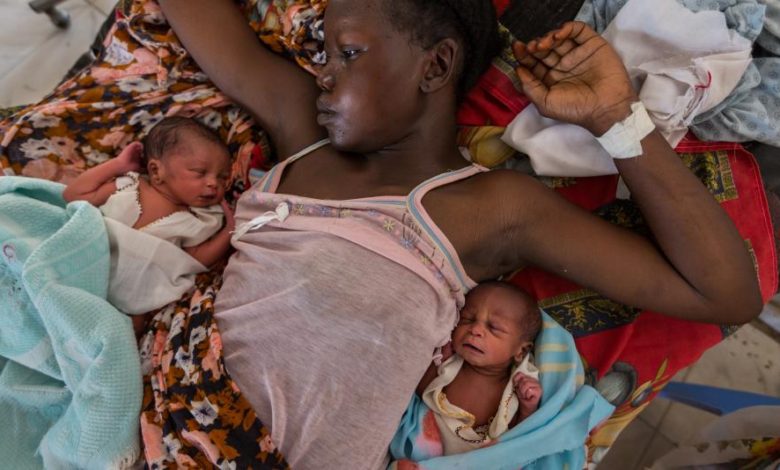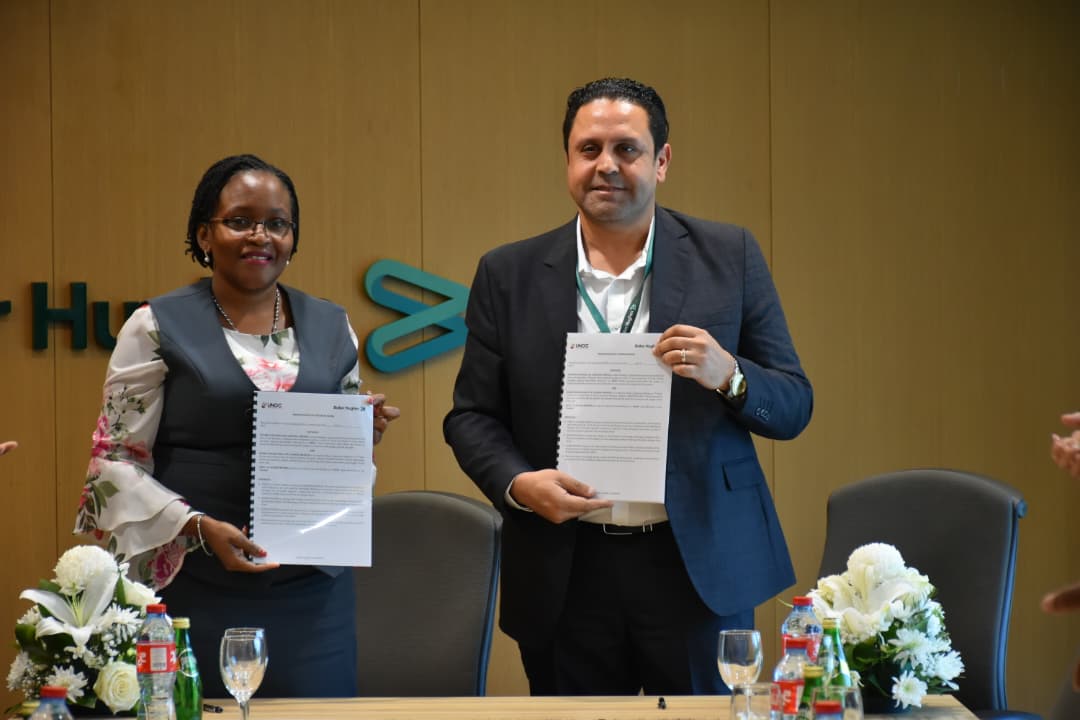Study highlights rising teenage motherhood in Uganda
The survey involved 766 girls aged 10-19 and revealed that nearly half (47.4%) of girls in Iganga and 28% in Kawempe had experienced pregnancy.

A joint study by researchers from Uganda and Canada has exposed a worrying increase in teenage motherhood in Uganda, revealing stark realities faced by adolescent girls.
Titled “Motherhood in Adolescence: Voices from the Margins”, the study was conducted in 2023 by scholars from the University of Victoria, Canada, Makerere University, and the Nascent Research and Development Organisation (NRDO-U). The research focused on the Iganga and Kawempe regions, with findings shedding light on the struggles of teenage mothers across the country.
The survey involved 766 girls aged 10-19 and revealed that nearly half (47.4%) of girls in Iganga and 28% in Kawempe had experienced pregnancy. Shockingly, many of these pregnancies involved older men, often aged 1-6 years above the girls, with encounters frequently occurring at the girls’ homes.
Despite the difficulties, most teenage mothers reported receiving support from their families, especially their mothers, during pregnancy 74.4% in Iganga and 53.9% in Kawempe. However, the study also highlighted critical gaps in access to reproductive health services, with over half of the girls expressing a lack of knowledge on avoiding unwanted pregnancies.
“Girls as young as 10 are sexually active, with some becoming pregnant. This underscores the urgent need for better sexual and reproductive health education and services,” noted Dr. Doris Kakuru, the study’s principal investigator and a professor of Child and Youth Care at the University of Victoria.
The study identified multiple factors leading to teenage pregnancies, including the unavailability of contraceptives, meeting immediate financial needs, and coercion by violent boyfriends. It also highlighted the stigma surrounding teenage motherhood, with 46.7% of young mothers in Iganga and 20% in Kawempe admitting they were ashamed of their status.
Community perceptions were largely negative, with 40.7% in Iganga and 35.5% in Kawempe viewing teenage motherhood unfavorably. Societal judgment compounded the challenges faced by these young mothers, making reintegration and support more difficult.
Access to healthcare remained a significant hurdle, with over half of the young mothers experiencing delays in antenatal care. Only 37.9% of those who delivered at health facilities reported satisfaction with the services received.
Contraceptive use among the girls was also notably low 72% did not use any contraception, and those who did only started between ages 17 and 19. Most relied on injections from health centers as their preferred method.
The report also unearthed disturbing practices such as pregnancy and virginity tests. About 30% of girls in Kawempe underwent pregnancy tests, while 3.4% were subjected to virginity tests. Alarmingly, some girls felt they lacked the right to report sexual or physical violence perpetrated by their partners.
In response to the findings, the researchers emphasized the need for immediate intervention to address these challenges. They recommended expanded access to reproductive health education and services, combatting societal stigma, and providing robust support systems for teenage mothers.
“Improving the lives and futures of Uganda’s young girls requires a comprehensive approach that ensures they receive the necessary support and resources to thrive,” Dr. Kakuru stated.
The study, funded by the Social Sciences and Humanities Research Council of Canada, aimed to examine the gendered, structural, and cultural dynamics influencing young motherhood in Uganda. Conducted between April 2021 and November 2024, it serves as a crucial call to action to protect and empower Uganda’s adolescent girls.







